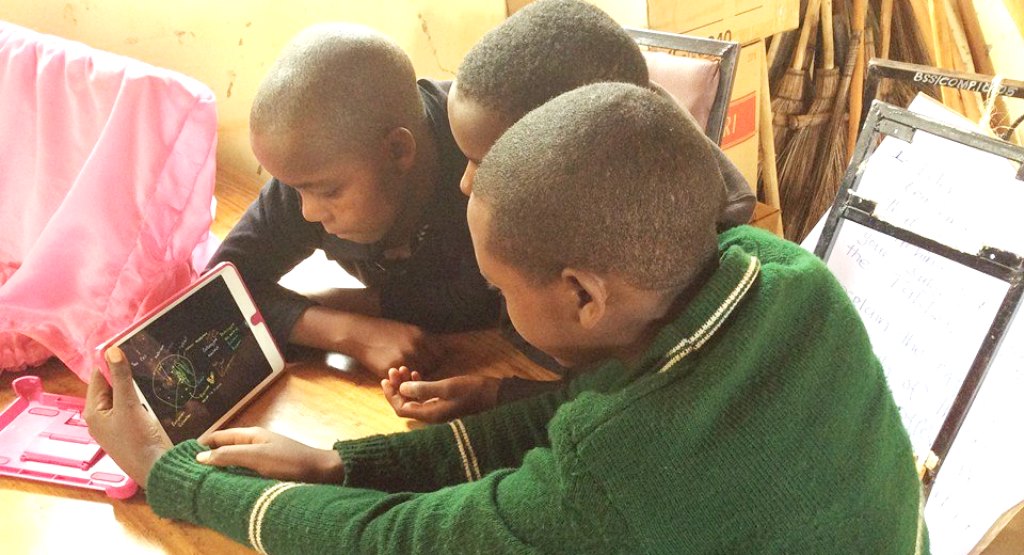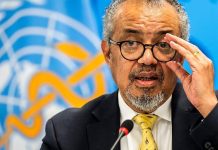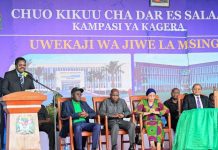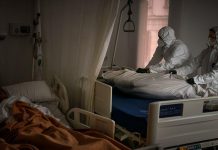AfricaPress-Tanzania: ABRAHAM John (23), a second year student at one of the Universities in Dar es Salaam city is at home in Mtwara, Southern part of Tanzania. It is not break time for college students.
He is forced that way because of what is happening in Tanzania and the entire world right now…Covid- 19 caused by the novel corona virus and efforts to fight it. Abraham is not alone.
Thousands are affected in Tanzania and education sector is one that is being hit hard. Hundreds of thousands are equally being affected in Africa. As the disease continues ravaging Africa, the real cost on education will be known at a later stage.
However, at this point one thing is clear…there is huge disruption of the continent’s education system. As a measure to contain the spread of Covid-19, Tanzania announced a temporary closure of all schools, colleges and universities in the East African country of close to 60 million people.
The measure was in a response of scientific community warnings. It is not unique to the country. This measure will certainly affect the country’s education system in terms of delays of syllabuses and budgeting, among other effects. Thousands of students are at home not undertaking their studies according to earlier set plans.
At home and without proper management, many will kill time in unproductive ventures and end up lagging behind the curriculum when schools and colleges open. Resuming studies on 17th April for Tanzania will depend on how things will stabilize in view of fighting the invisible enemy, Corona virus.
How could technology help us in minimizing the effects of this disease on our education? What lessons are we taking as Tanzania and Africa? Mahadia Tunga, Assistant Lecturer and a data scientist at the University of Dar es Salaam (UDSM) believes that technology could have been of help in hard times like these.
The University, according to her, is fully equipped to deliver distance or online learning through the UDSM’s Centre for Virtual Learning at the College of Information, Communication and Technology (CoICT). “The only challenge is our students who come from different parts of Tanzania where ICT infrastructure is poor,” she says.
Mahadia commends ongoing government efforts through Rural Electrification Agency (REA) to bring electricity to most parts of Tanzania and having in place of the National Fibre Optic Broadband Backbone throughout the country because those efforts lay the ground for having in place required ICT infrastructure.
“Africa is not prepared; we have to increase the pace in ICT infrastructure investment and be able to work online. That is where the world is heading,” Mahadia advises. However, Dr Bill Kiwia, a lecturer at the Dar es Salaam based Institute of Finance Management (IFM) notes that Tanzania and Africa should optimally utilize available technologies.
According to Kiwia, radio frequencies in most radio stations are not properly used for the benefit of the public and country’s development. “Instead of playing music all day long, radio stations that reach most parts of our rural areas should start having lessons for students who are at home,” he notes.
Kiwia also advises teachers throughout the country to record video clips of tutorials and share them via mobile phones for the benefit of thousands of students sent home as part of measures to contain Covid-19. “Our phones can be put into good use during these trying moments and serve our students,” he emphasizes.
Denish Otieno is a Research and Development Manager at Shule Direct, an online platform that provides educational learning content for students and teachers in secondary schools. He strongly believes that digital platforms can greatly help bringing subject contents to students.
The platform has a website, an app that can be accessed through IOS and Android as well as a learning management system that can be installed in a computer and used without internet connection.
“Governments in Africa should think of officially incorporating such platforms in education systems. In cooperation with governments, the private sector can contribute a lot in reaching out to students by way of technology,” he says.
Asteria Johnson who is a student at the Open University of Tanzania says this is time for colleges and universities in Africa to embrace the distance learning approach. “They should be ready anytime to roll out distance learning when needed,” she advises.
Traditionally, Open University runs programmes by distance learning. It is crystal clear. Covid- 19 is teaching us a hard lesson in our education setup and other sectors as well. Investment in ICT infrastructure is crucial.
According to the World Bank, ICT has a positive effect on a country’s economy, with a 10 per cent increase in broadband penetration being associated with a 1.4 per cent increase in gross domestic product (GDP) growth in countries such as Tanzania.
Huge ICT investment will lead to digitalization and enable Africa take advantage of connecting citizens and help vulnerable young people such as Abraham continue with their education in situations like these we are going through.
However, because of conflicting priorities and low capacity, governments in Africa need private sector players with new thinking and innovations to reach out to approximately 53 per cent of the world’s population that are still not connected.
On average, according to GSMA statistics, 69 per cent of people on the African continent do not have access to internet, with many of those unconnected living in rural areas. There is optimism. A good thing is that mobile phone penetration is rapidly increasing throughout Sub Saharan Africa.
This helps technology to become more widespread and less expensive and hence more people in this area to have access to technology that was previously inaccessible. According to GSMA Mobile Economy Report Series, 84 per cent of the African population (1 billion people) will have access to a SIM connection by 2025, a 3.7 per cent increase from 2017.
With good connectivity, it is such developments that will help a teacher in Dar es Salaam to easily connect with her students throughout the country during emergency situations in the future and save our economies from crumbling as it is happening now.







